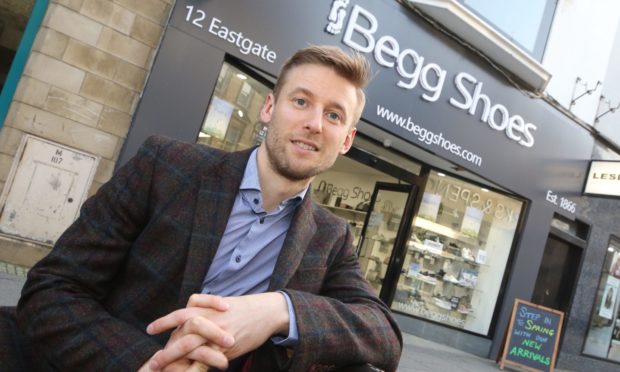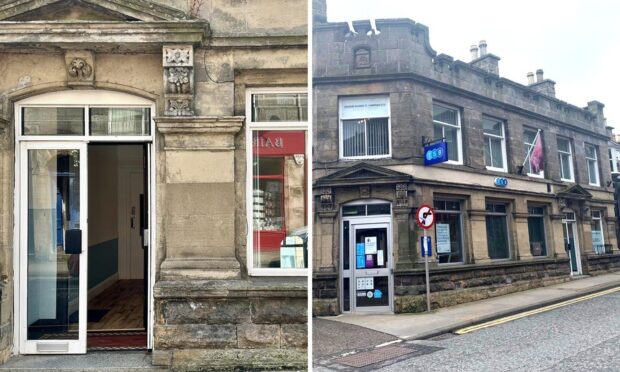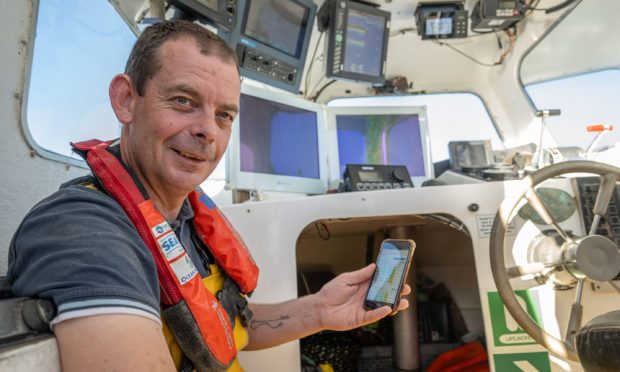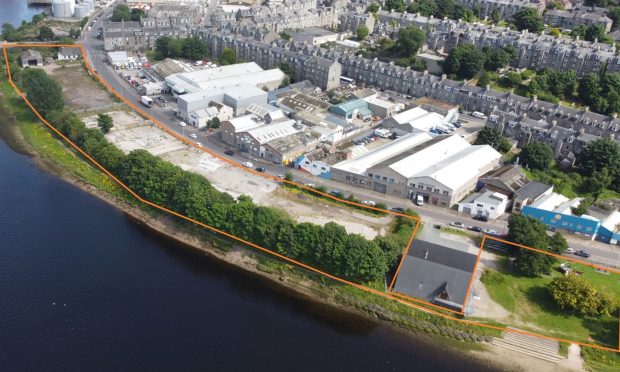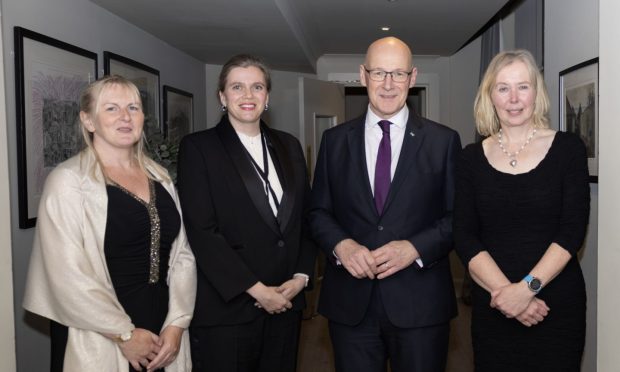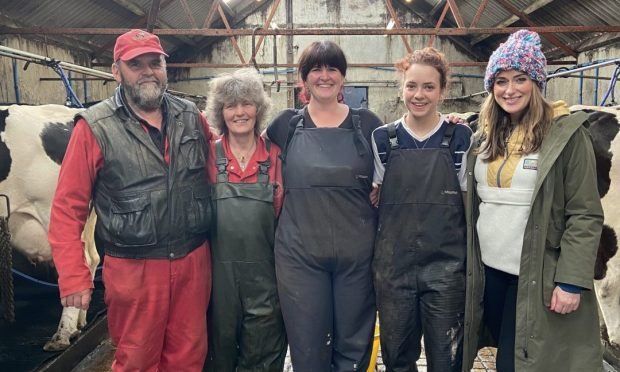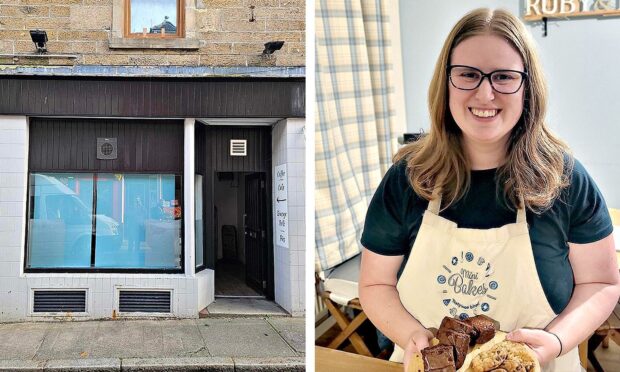Inverness-based retailer Begg Shoes is investing in database technology to strengthen its online offering.
The new system, which could cost up to £300,000 to develop, will use block chain technology to support its retail logistics and will involve the employment of around five computer programmers to complete.
The company, which carries out all its web sales from its network of Scottish stores and not a warehouse, has been working alongside data scientists at the Data Lab, an agency that has also invested £25,000 to support the project,
Begg Shoes started more than 150 years ago in New Pitsligo, and now has stores in Elgin, Inverness, Inverurie, Kirkwall, Lerwick, Perth and Peterhead, employing 50 people.
More opportunities for the business
Managing director Donald Begg, said that the blockchain system, which is a type of technology which underpins cryptocurrencies, will improve its ability to record and interconnect data within the business.
He said it offers significantly more possibilities than Excel spreadsheets, which often run out of room, and highlighted as a key benefit the ability to see exactly where a product is within the e-commerce chain at any time, and follow its progress.
Mr Begg, who hopes the system could go live later this year, said: “My father was at a stage where the stock control system was all paper and he got frustrated with it all. He got a book and programmed his own EPOS system back then.
“So for a long time we have been running as a business with computers. We came to a point three years ago where we were concerned about succession planning. We had a system where only my father knew how to amend, update and change it.
“That’s where we realised, in the modern day world, that technology has moved on. We reached out to Data Lab to speak about our predicament and decided to go into partnership together.
“Our business model has all been about adapting.”
Machine learning will also be factored in, so that stock can be moved automatically to stores where it is likely to sell faster.
The Data Lab was founded in 2014 as part of Scotland’s Innovation Centres programme and has operational hubs in Edinburgh, Glasgow, Aberdeen and Inverness.
It works with a network of over 1,500 companies, public sector organisations, universities, and data experts.
Ambitious plans
Mr Begg added: “It is very ambitious. There is a reason why blockchain is used by the big guys of tech, and there is a reason why it is difficult to access as a small business.
“We could sell on Amazon, but within Amazon you could have a feed to America, France, Germany, Italy, UK, but effectively each one of those is a shop.
“To then manage that as a small business is exceptionally challenging.
“There can be translation issues, but with this database, we would be able to control what we give to Amazon that is flexible and can speak to various different shops quite effectively.
“That would allow us to speak to Facebook, Google, Amazon, eBay, which are all big drivers these days of e-commerce.”
Gillian Docherty, chief executive of the Data Lab, said: “With the huge rise in online shopping over the past year, it’s encouraging to see bricks and mortar companies use technology in new ways to drive their business forward.
“There is enormous potential, especially for smaller companies, to use data and technology to transform their operations.
There is enormous potential, especially for smaller companies, to use data and technology to transform their operations.”
Gillian Docherty, The Data Lab chief executive
“Blockchain has traditionally been linked with cryptocurrency, but its high level of security and structure means companies can better manage their assets to scale the business, which is exactly what Begg Shoes have done here.”
Future looking bright for the retailer
Work on the project comes as the shoe retailer shows signs of recovery from the fall-out from the pandemic.
The website has seen a huge surge in demand with sales 70% ahead of pre-Covid levels. However, a lower footfall has seen a 10% decrease in store
However, Mr Begg is still very hopeful for the future.
He said: “Overall, we are seeing store sales getting not far off back to pre-Covid levels. On top of that, the website is performing very well.
“At the moment, we are really positive.”
Store numbers at Begg have grown from three when Mr Begg took over the business from his parents in 2013 to the current nine.
Five stores were acquired from DE Shoes – a chain which had around 30 shops in Scotland before running into difficulties – before a second store was added more recently in Inverness.
While sales prior to the expansion in store numbers in 2013 was around £1 million, the retailer is on track to hit £4.7m this year.
